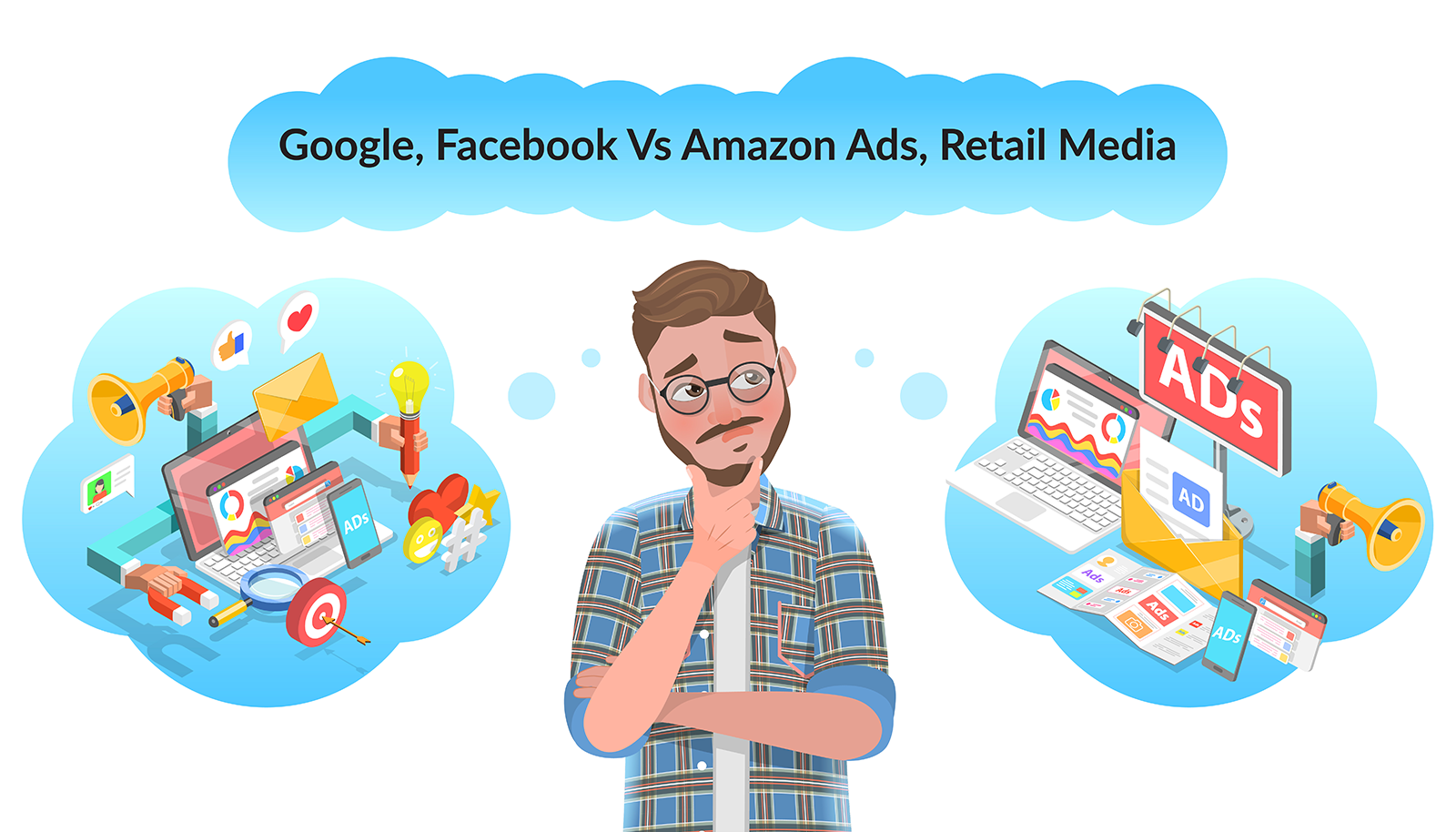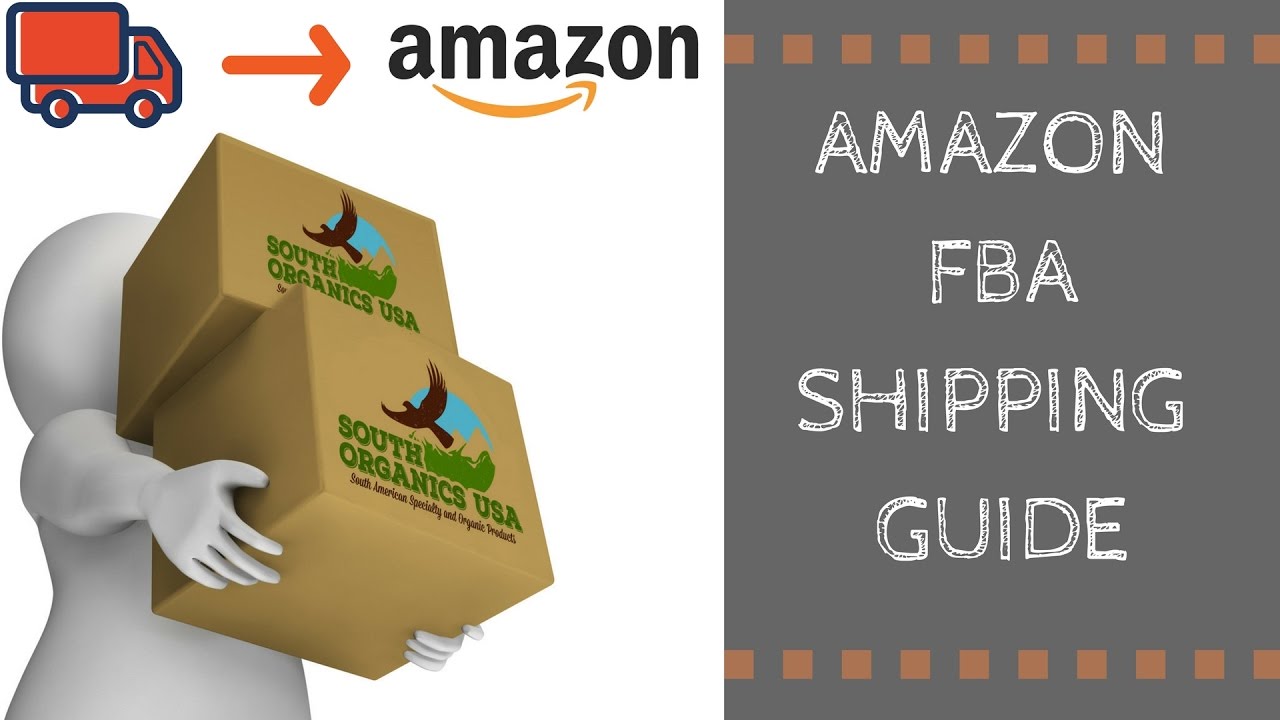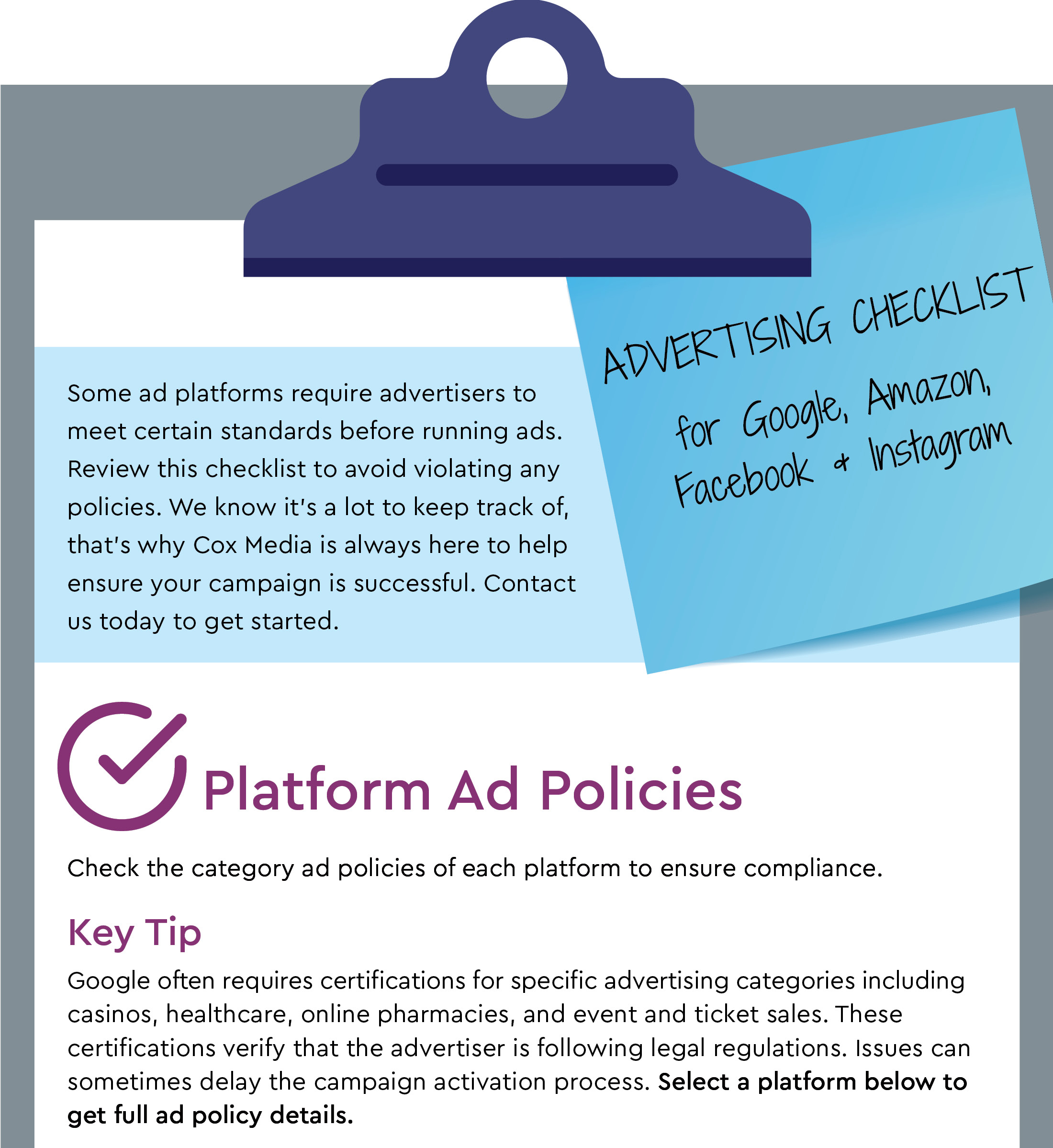
The retailer provides services that make shopping for customers more pleasant and easier. These services include the display of products and the employment salespeople. Retail stores provide many career options and high annual sales. They offer many different products and services. They also provide information to their customers via signage, display and sales personnel. Here are some examples of common retail jobs:
Wholesaler
The relationship between wholesalers and retailers has been well-established and continues to be successful. Most wholesalers approach retailers directly to begin a relationship. What is the secret to making this relationship successful? Here are some ways to make it work. Before you make a purchase, think about the strength and capabilities of your product, your workforce, or your business channels. You should always be selling the best products, ensuring quality control and establishing a reliable sourcing system.
A retailer is an owner of a local store that purchases large quantities from a wholesaler to resell them to customers. Retailers are the face of the company to end-users. The wholesaler discounts are passed on to end users by retailers, who often offer cash and seasonal discounts. These sales make both wholesalers and retailers profit. No matter what business you run, this relationship is vital to your success.
A wholesaler is in close contact with the manufacturer and customer. If you buy from a wholesaler, you may be able get rid of the manufacturer. The wholesaler can even add their own label to the product. A wholesaler can also learn from watching which products sell best. Then, concentrate on those products and grow the business. There are many benefits. When you work closely with a wholesaler, you'll be able to improve your bottom line and make a profit from your efforts.
Wholesalers and retailers compete for resale profit. It is important that you do not reduce the wholesalers price. This will prevent the relationship being damaged. You can prevent this by setting up price lists that are different for each vendor, channel, and even between vendors. This will prevent you from undercutting your competitors and reducing your profits. For those who are unfamiliar with this business model, you can read the following to get more information.
The intermediary between the manufacturer, the retailer and the wholesaler is called a wholesaler. A wholesaler purchases large quantities of products, then sells them to a retailer. Finally, the retailer sells small quantities to the consumer. Wholesale goods typically sell for a higher price that the manufacturer's retail prices. Because they specialize in a product and can sell a variety, a retailer differs from a wholesaler.
Fixed retailer
The Fixed retailer is an example of a shop that sells a narrow range of goods. The shop owner usually manages this type of retailer, along with a sales associate. These small shops, which are usually in residential areas of the city, offer convenient shopping and often credit options. These shops provide a personal connection with their customers as well as the convenience of a business location. Below are some characteristics of Fixed Retailers. Read on to learn more about these businesses.

Street stallholders make their living selling goods out of stalls they have set up in the streets. These stores are often located in areas with high foot traffic and don't move around much. Street stalls are unable to store large inventories so they usually sell daily-use products. It is important to remember that fixed retailers might have more inventory than a street hawker or peddler. Fixed retailers can be more versatile than their mobile counterparts.
Fixed retailers are small-scale businesses that sell a limited number of products from one location. These are sometimes called "fixed shop" retail. They usually have a fixed shop and stock very few goods. Their ability to adapt to changing markets and their size is key to their success. Even small businesses can have unique characteristics that make them stand out from larger competitors. How can a Fixed Retailer profit from a small-scale model like this?
The most obvious difference between a fixed-shop retailer and an itinerant one is scale. Itinerant retail outlets are open to moving from one place or another, but fixed-shop stores have a permanent location where they trade. A fixed-shop retailer, unlike the itinerant, is more established and has greater resources to offer more products and services. Fixed Retailers are able to operate on a large scale while still maintaining a small business model. It's easy to start small-scale retailers without the help of others.
Itinerant retailer
A retailer that is not an itinerant is one who has a shop where goods are sold to the public. These retailers can operate on a small scale or large scale. Small-scale shops tend to sell a smaller variety of goods because they do not have a fixed location to keep goods. Large-scale shops tend to invest more capital to offer consumers high-quality goods. These shops also have many products to choose.
The word "itinerant" comes from the word itinerary. It is pronounced "eye-TIN'-er-ant". An itinerary is a list of the traveler's plans and schedule. There are four types of itinerant retailers: street traders and hawkers, as well as market traders. They may not even have a shop, despite their name. They may also be called "hawkers" or "paddle traders."
Itinerant retailers have two main advantages: low capital and the ability of moving from one place to another. Aside from this, they can provide personalized services to their customers. They generally deal with everyday items that customers need, and can provide them at their doorsteps. They often sell low-priced goods that people use every single day. They are typically less expensive than traditional retail businesses and often have lower prices than their competitors.
In the United States, the term "itinerant merchant" refers to a retail trader who operates outside of a building. This type retail trade allows a seller to sell goods outside of a commercial building. Many times, they do so by ferrying goods from one place or another. This merchant is not legally allowed in all areas. Itinerant retailers are allowed to operate legally as long as they have the required permits and don't exceed 180 days per year.
Service provider

Keep in mind that each provider will have different costs and customer support. However, most retailers expect some level of support when issues arise in the store. For example, most PSPs offer guidelines and a direct support line for customers who have difficulty with their online payments. Online merchants are more at risk than other businesses for rejection of payments. High rejection rates can adversely impact profits, and lead to higher payment processing costs and collection and warning fees.
The retail landscape is becoming increasingly complex. Omnichannel shopping and ecommerce are just two examples of this complexity. Even though margins are slim, retailers need to optimize their supply chain and increase efficiency. Cybersecurity threats continue to pose a serious threat to consumer data, which is essential to creating differentiated customer experiences. Retailers should seek out specialized solution providers in order to enhance their existing strengths. RMS is a Preferred Service provider with extensive industry experience.
A service provider is a company that offers both physical products and related services. This allows customers to have the ultimate shopping experience. A retailer is clearly a service provider. They offer enhanced customer experiences, accept multiple payment methods, and provide demonstrations and recommendations. The service provider not only provides convenience, but also keeps its customers loyal. This is a great business model for retailers. The growth of service retailers enables them to protect customer loyalty and increase profitability while offering best-in-class service.
FAQ
How do I do smart online shopping?
Smart shopping online is about finding ways to save money while still getting the best quality. Here are some tips.
First, shop around. Compare prices and determine which store offers you the best deal.
Ebates and other cashback apps are another option. These programs work similarly to cashback programs that are available at physical stores. Their app allows you to earn points based upon how much you spend. You can then redeem these points for gift cards, or discounts.
Third, look out for promotional codes. They can be found at sites such as RetailMeNot.com. Enter the code at checkout to get your savings. You will instantly see your savings.
Don't forget about clearance sections. There are often amazing deals available on high-end brands at reduced prices.
Why is it better to use credit cards when shopping online?
Credit card companies offer numerous benefits like rewards programs, cash back and free shipping. Additionally, they provide fraud protection. The main reason why people should consider using them over debit cards is that they do not have any fees attached to them.
Credit cards also provide flexibility for customers who want to pay off the balance on time. They also allow you to make purchases without worrying about how much money you have left in your account.
Do I really have to register my credit card number online for shopping?
Registering your credit card is optional. It is possible to get discounts or special offers by registering your credit card. It is recommended that you verify your identity at your bank to ensure your safety.
Statistics
- An approximately 90% increase in price affords Hotel X the opportunity of extreme profits under severe circumstances. (dos.ny.gov)
- Your Online Purchases 79% of Americans purchased goods and services online in 2018, which is expected to exceed 90% in 2023. (meetfabric.com)
- The vast majority only change a password to protect privacy a few times a year (27 percent) or, more likely, never (35 percent). (pcmag.com)
- All items on AliExpress have an estimated delivery time on the product page, and it's usually anywhere from 20 to 60 days. (makeuseof.com)
External Links
How To
How to shop online securely
Online shopping offers convenience and is a great way to shop for goods and services. This convenience comes at a cost. Online shopping has many advantages, but there are also risks. Identity theft is the most serious risk. Identity theft poses the greatest risk. Identity thieves may use your personal data (name and address, credit card number, credit card number, etc.) to steal money from your account or obtain fraudulent loans against it. They then sell your stolen information on the black market. If you want to stay safe while doing business online, here are some tips to keep in mind:
-
Secure websites are recommended. SSL encryption is free for most online stores. This means any information entered into their site, such as names, addresses, phone numbers, credit card details, etc., is encrypted so only you can see it. This prevents others from seeing what you have entered. When you are choosing an online store to do business, make sure they have a valid certificate from a recognized CA. Look for the green padlock icon next to the URL bar when browsing.
-
Your password should not be divulged. When you sign up to a new account, an email will usually ask you to confirm your email address or username. These credentials must not be shared with third parties. You should also not write these credentials down. If someone steals your wallet they can access your accounts. Instead, store them on your computer. Also, it is important to change passwords every three months.
-
Keep track your orders. You should keep track of all the places you send items, whether you are sending them to yourself or others. Many people are tricked into believing they have sent something, but it was actually delivered to another person. Before you make payment for shipping, be sure to check the tracking number. Never ship anything without receiving proof of delivery. If you aren’t satisfied with your service, contact the company as soon as possible.
-
Know who you're dealing with. Many websites will require you to give sensitive information, such as your full name and date of birth, Social Security Number, and Bank Routing number. These details will help identify you, so it is important to be cautious about giving them out. If you're unsure whether a website needs this information, just Google "what does need?" There are many ways to find answers.
-
Be wary of pop-up windows. Pop-ups abound on many websites offering special offers, deals and other products. Some ads are legitimate but some are intended to trick users into divulging private information. A fake antivirus program, for example, might ask you for your social insurance number and credit card number. To avoid being tricked, never click on links that appear suspicious.
-
Phishing scams can be dangerous. Phishing scams use hackers to pretend to represent reputable companies and trick consumers into providing their financial information. Phishers send emails that look like they're from retailers and banks. These emails encourage users to log-in to update their account information. Hackers can gain control of your finances once your information is given. Hackers are able to drain your bank accounts and transfer funds among different accounts. The following resources can help you identify phishing scams.
-
Do your homework. Always read all terms and conditions before you sign up for any deal. It is important that you understand and agree to the terms and conditions of any contract. Take the time to review all terms and conditions carefully. It's important to avoid hidden fees and charges when trying to save money.
-
Shop around. You shouldn't be afraid of shopping around. Compare prices on different websites until finding the lowest price. When ordering multiple items, you can also compare shipping costs. Shipping costs will vary depending on which website they are from. It's worth paying a little extra for fast shipping.